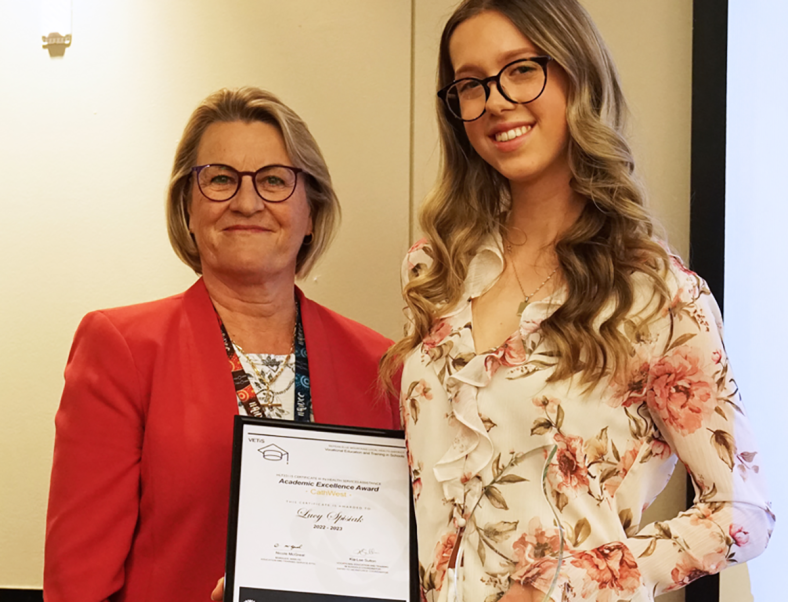Less than a week after the Australian Greens unveiled a proposed Medicare-funded dental care program, the Grattan Institute has released its proposal for a universal dental care scheme.
The scheme, which would be graduated in its approach due to the costs involved, would initially target all children (and their parents) who are eligible for the Child Dental Benefits Schedule (CDBS) and all Health Care Card and Pensioner Care Card holders, amounting to about 9.7 million people in total.
The focus of the Medicare-style universal insurance scheme, which would be funded by a rise in the Medicare levy and be phased in over 10 years, would focus on primary dental care, excluding cosmetic and orthodontic treatments.
The initial tranche of the scheme would replace CDBS and existing state funding – governments, Federal, State and Territory cumulatively spend about $2.3 billion a year on dental care – offering the same $1000 allocation over two years, with treatment provided by dental professionals in “preferred practices” accredited by Government/agents.
The targeted groups of the first tranche have been selected because the poor and disadvantaged are most likely to miss out on dental care, the consequence being the kind of widespread oral health issues outlined in Australia’s Oral Health Tracker.
The Grattan Institute, in an article on the scheme “Filling the Gap: A universal dental care scheme for Australia”, noted that “Low-income people are more likely to have periodontal disease, untreated tooth decay, or missing teeth.”
To address these and other deficiencies, the Grattan Institute scheme proposes that the Federal Government should take responsibility for funding primary dental care in the same way in which it funds primary medical care.
“Universal dental care is a big idea whose time has come,” Grattan Institute’s Health Program Director, Stephen Duckett says. “All Australians should be able to get the care they need, when they need it, without financial barriers.”








